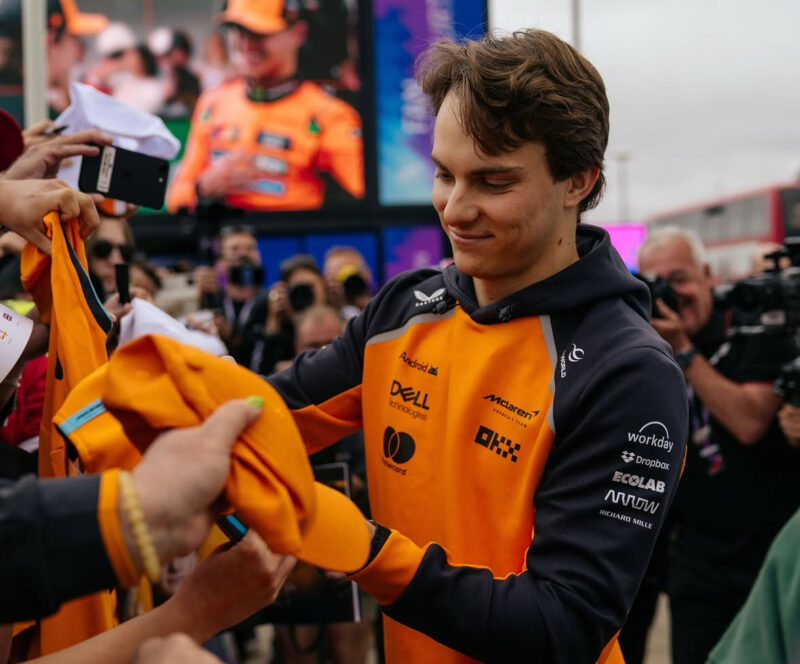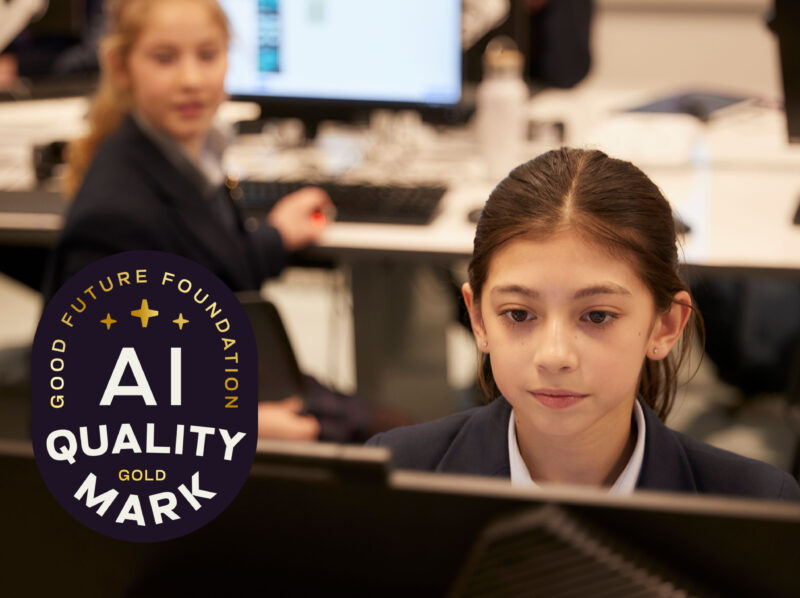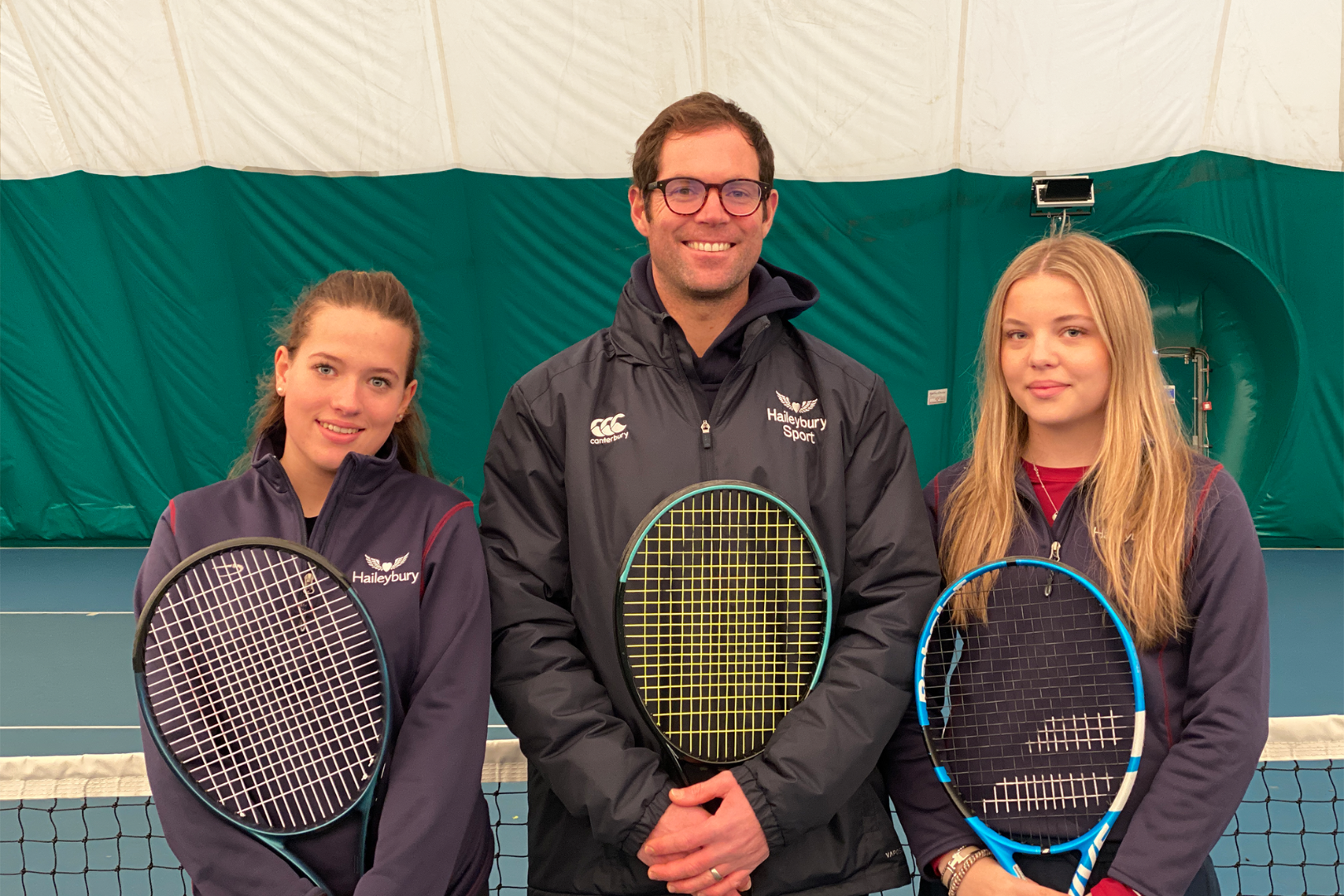A driving force; Haileybury pupil manufactures an electrical go-kart from scratch
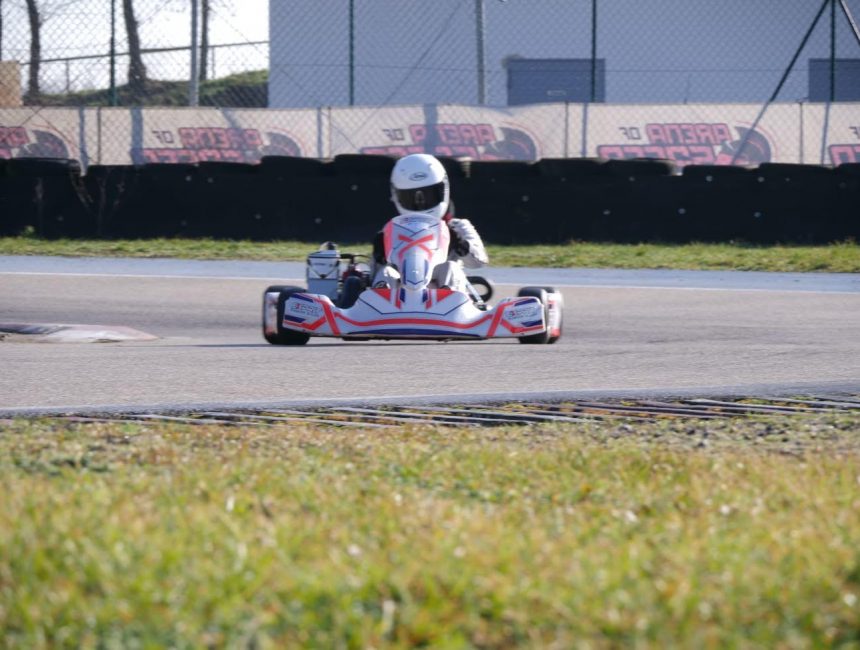
Lower Sixth pupil Sarah has started a Creativity Action and Service (CAS) project centred around engineering electrical go-karts. From a young age, Sarah has always had a love for racing and motorsports, which has only grown through the years. Therefore, for her CAS project, Sarah has chosen to create a fully-functioning electrical go-kart, that she will test drive herself.
“I have had an interest in go-karts (racing in general) for most of my life since I was introduced to it at a young age. I wanted to learn more about go-karts since I am very passionate about them and have always had an interest in how cars work; especially race cars.”
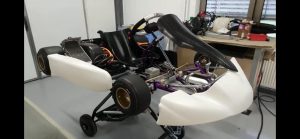
In the past, Sarah has completed work experience at a variety of engineering companies, specifically specialising in motorsports engineering in aerodynamics and race strategy. This experience has given her an insight into what working in this field may entail for the future, but she is eager to gain more experience in other areas of engineering before deciding which route to eventually take.
“I am very interested in engineering and have done some work experience at a few places in motorsports engineering in aerodynamics and race strategy. I am planning on taking a gap year, where I want to do more internships and race to find out what I really want to study.”
So far, Sarah’s CAS project is off to a brilliant start. With the help of some family members and some expert advice, she has been able to begin creating the ideal electrical race kart. Having designed the go-kart herself, Sarah is now looking into the mechanics of the kart and is currently trying to decide which batteries would work best to allow it to race for 20 minutes.
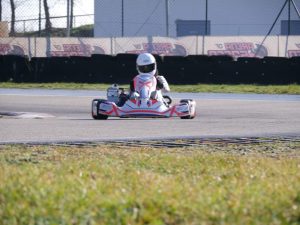
“At the moment we are figuring out how many batteries we need for a 20-minute race. In order to make that decision, we need to do many test drives, as if we use more batteries the kart will be heavier which will make it slower, however with more batteries we can drive with higher power for longer. My role is to test drive the kart and then report how it feels whilst driving it and we have meetings every month to discuss next steps.”
Once the project is completed and Sarah has finalised the prototype, she is planning to reach out to potential investors and wants to continue making new products in the future.
“When I finish the project, I will definitely try to pursue making new products, however, I might try out using different energy sources, such as hydrogen fuel cell or even solar energy. Once we have our first finished prototype, we will look for possible investors.”

